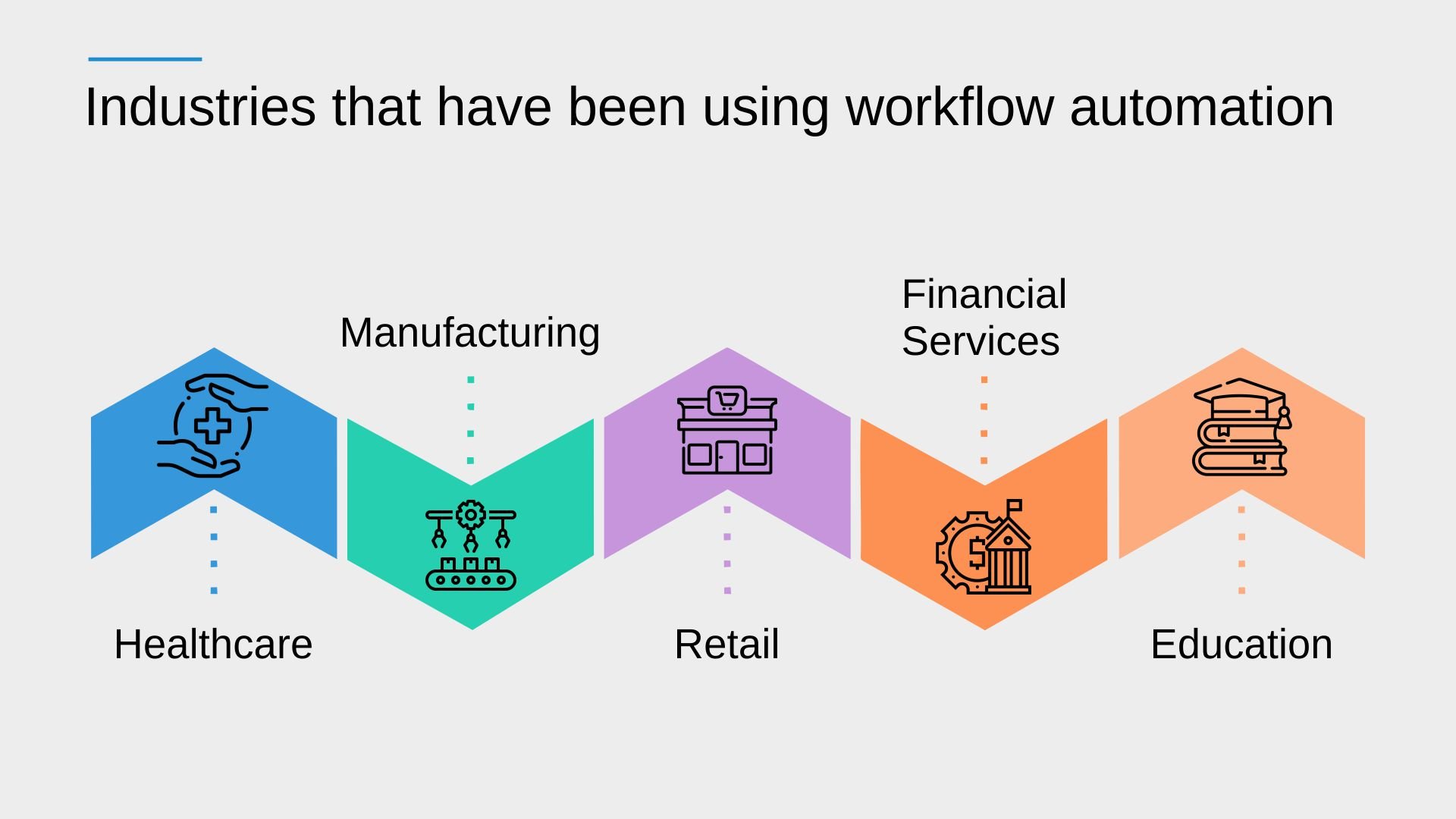Workflow automation is a powerful tool for businesses operating in the digital era. This term, though seemingly complex, simply refers to a mechanism that leverages technology to carry out routine business tasks, resulting in streamlined operations and increased efficiency.
Such a mechanism, once understood and correctly implemented, can become an invaluable asset for businesses, both small and large. With its potential to save time, eliminate human error, and optimize resources, workflow automation has become indispensable in the modern business landscape.
Understanding Workflow Automation
So, what is workflow automation? Simply put, it's a system designed to execute business processes where manual tasks are replaced with automated ones. This could involve anything from dispatching automatic email notifications to managing complex supply chains.
This process isn't only about replacing human intervention with technology. It's also about optimizing repetitive tasks to free up employees, allowing them to focus on more critical areas of business. Imagine a human resource manager manually tracking employee leave days. Now, picture a workflow automation system that does this automatically. Not only does it save time, but it also allows the manager to focus on strategic initiatives.
The Importance of Workflow Automation
Workflow automation is not just a fancy tech term; it's a tool with tangible benefits. It brings about increased efficiency by accelerating task execution and cutting down the time taken to complete routine tasks. This is particularly important in a world where time is often equated with money.
Additionally, by automating these tasks, the margin for human error is drastically reduced. The system ensures a consistent level of quality and accuracy, regardless of the task's frequency or complexity. This increased reliability can have a positive impact on a company's reputation and customer satisfaction.
The Role of Workflow Automation in Business Process Management
Workflow automation is an integral part of effective business process management. By automating repetitive tasks, companies can ensure consistency and adherence to standards across all operations. This fosters a culture of accountability as it's easy to monitor progress and identify bottlenecks.
Moreover, with automated systems in place, businesses can collect and analyze data about their operations. This can provide valuable insights into areas that need improvement, enabling businesses to continually refine and optimize their processes. Workflow automation, therefore, not only streamlines operations but also facilitates a culture of continuous improvement.
Examples of Workflow Automation in Various Industries

The beauty of workflow automation is its versatility. It can be adapted and implemented across a multitude of industries. In the healthcare sector, workflow automation is used to manage patient appointments and medical histories. This ensures a smooth, efficient patient journey and eliminates the risk of human error. Some of its examples include-
Healthcare: Workflow automation is used to manage patient appointments, medical histories, and medication schedules. This could involve automatically sending appointment reminders to patients or updating medical records based on laboratory results.
Manufacturing: In this sector, workflow automation is often used for supply chain management. This can involve tracking raw materials, managing production schedules, and coordinating deliveries to ensure that the right products are produced and delivered on time.
Retail: Retail businesses use workflow automation for inventory control. For instance, an automation system can monitor stock levels and automatically reorder items when stocks fall below a certain threshold, helping prevent potential product shortages.
Financial Services: Financial institutions use workflow automation to process transactions and manage customer data. A simple example could be an automated system for loan applications, where the system gathers the necessary data, performs credit checks, and either approves or rejects the application based on predefined criteria.
Education: In the education sector, workflow automation can be used for administrative tasks like student registration, fee collection, and record maintenance. This could involve automating the enrollment process, where the system collects student information, assigns classes, and sends out confirmation emails to students.
Why Your Business Needs Workflow Automation
Adopting workflow automation can provide a significant competitive advantage for your business. It can increase productivity, reduce costs, and enhance quality control. By automating routine tasks, employees can focus on strategic areas that directly contribute to business growth.
Moreover, in a digital world where businesses must adapt quickly to changing customer demands, workflow automation enables your business to be agile and responsive. The benefits are clear: workflow automation isn't just a good-to-have, it's a must-have in today's competitive business environment.
How to Implement Workflow Automation in Your Business
Implementing workflow automation in your business starts with identifying the repetitive tasks that are time-consuming and could be automated. It might be something as simple as email notifications or more complex tasks like project management.
Once you've identified these tasks, the next step is selecting the right automation tools. This should be done keeping in mind the specific needs and goals of your business. There are a plethora of workflow automation tools available, so it's important to choose one that aligns with your business operations. Employee training is another crucial aspect to ensure a smooth transition. Employees need to be comfortable and proficient with the new system for it to be effective.
Conclusion
Workflow automation is not just a trend; it's a powerful tool for businesses seeking to increase efficiency, reduce errors, and stay competitive in the digital age. By automating routine tasks, it allows employees to focus on more strategic areas, leading to increased productivity and growth.
From healthcare and manufacturing to retail and finance, businesses across industries are reaping the benefits of workflow automation. Implementing it in your business might require some effort and investment, but the return in terms of efficiency, productivity, and cost savings make it a worthwhile endeavor. If your business hasn't embraced workflow automation yet, now is the time to start.
